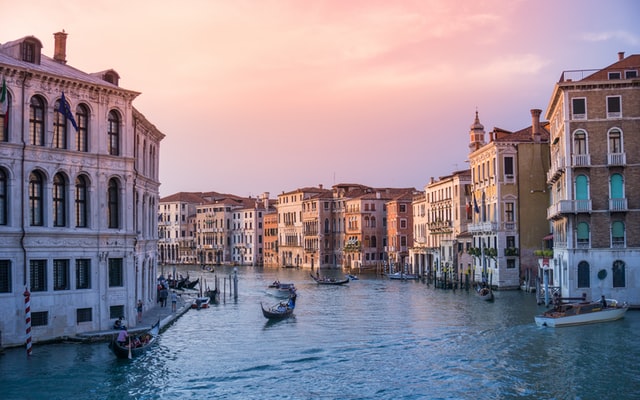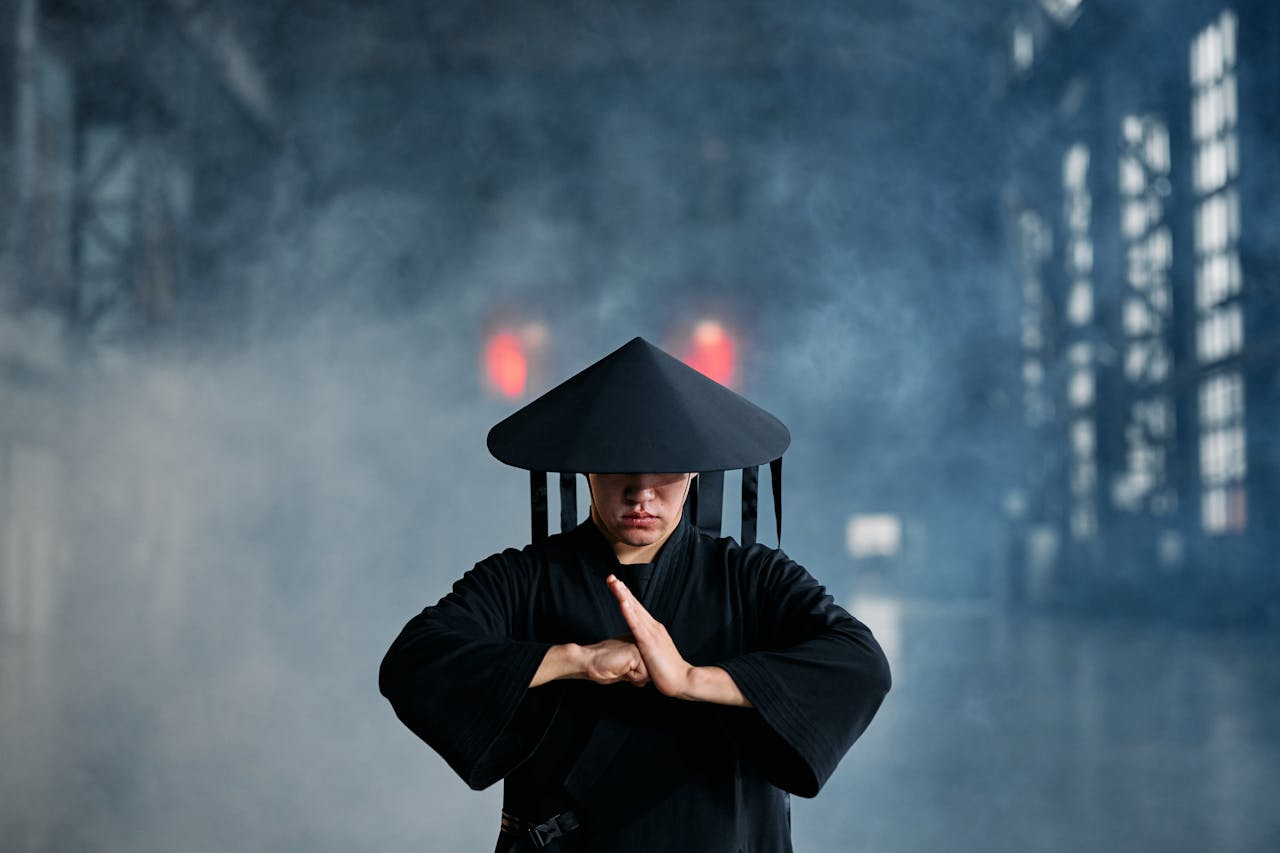Award-winning writers Julienne du Toit and Chris Marais have travelled the world side-by-side writing travel articles for more than 20 years.
They answer essential questions newbie travel writers have.
Q: How hard is it to break into the industry as a travel writer?
A: Travel writing is a very competitive field and everyone wants in on the action. As a result, editors of good publications (print and online) are spoilt for choice.
When you start off, don’t turn down any opportunity or assignment. Each article you write will teach you something new and enable you to gain experience, apart from income.
But sooner or later, you’ll find you are more interested in some subjects or geographical regions than others, and this is a good thing. If you become known as the ‘go-to’ person for, say, offbeat city attractions in and around Cape Town, or things in the Cederberg, it helps. Chris and I write on all kinds of issues and destinations, but we are best known for specialising in the Karoo and this helps set us apart.
So eventually, becoming a champion of a region (without becoming too narrow in your field) or being a specialist will help you carve your own niche.
Remember that the easier you make things for the editor, the more they will use you. If you always deliver your articles on time, adhere to the brief, supply good images with well-written captions to go with them, you’re already ahead of the pack.
Q: How do I build a good relationship with an editor?
Don’t throw hissy fits or sulk if they don’t like your article or they cut it to ribbons. Offer to rewrite if they reject it (this happens to the best of us, so never take it personally!). Or simply sell the story/concept elsewhere.
Pair this with good ideas, a professional attitude, a willingness to work hard, and to try again if they reject something, and you’re well on your way.
Q: Do I need an agent or should I pitch article ideas to editors directly?
A: For now, do the queries yourself. Perhaps in the years to come, when you have assignments piled up and no time for marketing, you might think of an agent.
Want to Turbo-charge Your Writing and Produce Articles Faster and More Effectively?
Q: What is the best way to talk about travel article ideas to an editor? Email or in person?
A: Email is best. For instance, send them an email with a query and then a follow-up email in a fortnight. Give them your phone number, but leave it up to them to contact you.
Q: Can I phone or email a travel magazine after sending in my article and when?
A: Only send the full article once they give you the go-ahead to do so. They have a mountain of articles to assess, so give them two weeks before sending a follow-up email. And rather stay off the phone. Editors loathe being stalked by contributors.
Q: How do I negotiate payments for my travel articles?
A: Once they are interested in a piece, they will tell you what their rates are. Then it’s up to you to accept or reject the rate. Each publication has its standard rate, and does not normally deviate from it. Only once you’re established will you really be free to negotiate rates.
Of course, if they commission you to do an article, then you can negotiate. They might have a page rate, but more often will pay per word (as a beginner, you might be paid at the lower end of the scale at first). Ask what they pay per picture as well.
Q: If my article gets published in a newspaper/ magazine and they want me to write another article, could I ask for a permanent position at the publication?
A: Hold your horses. Once you’ve established a successful back-and-forth with the publication and they’re buying your articles regularly, let them know that you’re in the market for a permanent position. In the meantime, keep freelancing.
Q: Who is the person you want to impress more with your article? The editor or the reader?
A: Ultimately, the most important person in the value chain is the reader, but the commissioning editor or chief editor will decide if it’s something their readers might like. They generally know their market.
Q: If you write travel articles, can you also write articles for any type of magazine?
A: Absolutely. Most of the lessons you learned here can apply to the other editorial departments of the magazine you wish to target. The best way forward here is to become familiar with your target magazine’s style and general way of operating.
Q: What one key quality does a travel writer need to write well?
A: Be present, be curious. Open your eyes and never lose your sense of wonder. Travel writing requires you to see deeper and observe more carefully.












